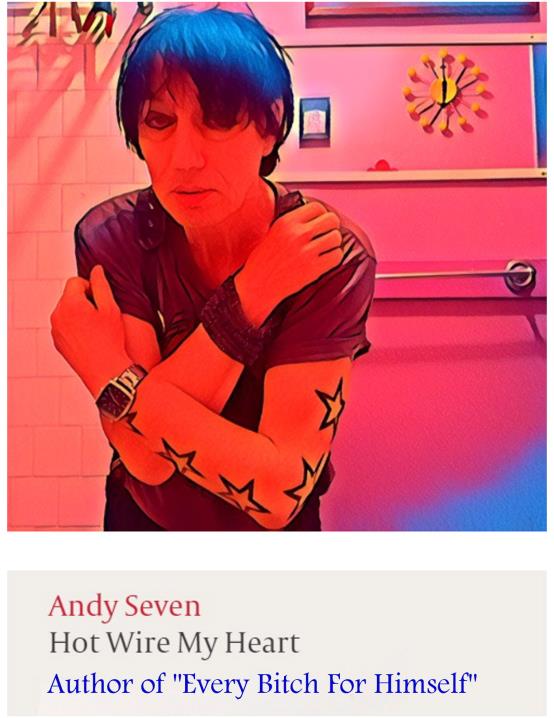There has never been a blues album like Fleetwood Mac’s “Then Play On” as it effortlessly transcends the blues genre while committing to its cardinal rules at the same time. It would be the last album group figurehead Peter Green would record with the band amidst a firestorm of controversy in the British music scene. The third album by the band and released in 1969, it was also their breakaway from Blue Horizon Records and the beginning of a very unique genre that wasn’t and still isn’t so easily defined.
The original Fleetwood Mac sound was that of a scruffy garage band bashing out classic Elmore James-styled 12-bar blues with a lethal dose of fuzz on the guitars courtesy of Green and Jeremy Spencer, whose incendiary slide guitar style hinted at more of an abrasive acid rock sound than simply adhering to trad blues conventions. Mick Fleetwood’s explosive drum attack was also more hard rock than South Side shuffle. All that would change by the time of “Then Play On”.
The band changed its approach to a dark, somber surf guitar sound with lyrics that progressed from standard blues issues to a more existential angst, questioning a man’s existence as well as his role in God’s creation. It is almost the blues equivalent to Syd Barrett’s album “The Madcap Laughs” in its vision of despair and loneliness, however, there were signposts up ahead that hinted at this new direction in sound.
Several tracks from past albums hinted at this new departure for them; on the first album there was the spare, bleak cover of Robert Johnson’s “Hellhound On My Trail”, Peter Green singing along to a very quiet piano; there was also “The World Keep On Turning”, Green singing alone to his acoustic guitar: “Nobody saw me crying, nobody knows the way I feel, the way I love that woman, it’s bound to get me killed”, and of course on the second album “Mr. Wonderful” there was “Black Magic Woman” and another quietly sad number with surf guitars, “Man of the World”: “I guess I‘ve got everything I need, I wouldn’t ask for more, And there’s no one I’d rather be, but I just wish I’d never been born”. Not exactly boogie time.
The darkest number in Fleetwood Mac's set up to that point was a live cover of Blue Horizon label mate Duster Bennett’s “Jumping At Shadows”: “Everyone points their hand at me, I know I’m just a picture of what I used to be, I’ve been jumping at shadows, thinking about my life”.
In “Man of the World”, the BBC documentary on Peter Green, Jeremy Spencer and Mick Fleetwood recall the turning point for the band when they arrived in Germany while on tour and were met by an attractive German jet-set couple who whisked Green and third guitarist Danny Kirwan from the airport to their chateau for an acid-drenched party that marked the two guitarists for life. Fleetwood and Spencer agreed that Green & KIrwan were never the same again.
The original plan for “Then Play On” was to make it a loose jam session as an antidote to the Top 40 singles success of “Albatross”, “Man of the World” and “Black Magic Woman”. The album does indeed have a schizoid relationship between bracing, fiery guitar jams, impeccably played like “Searching For Madge”, “Fighting For Madge” and the more cerebral “Underway” and “My Dream”.
On the other hand there are the dark, moody compositions like “Closing My Eyes”: “Someday I’ll die, and then I’ll be with you/ So I’m closing my eyes to hear the people laugh”, or “Show Biz Blues” with the immortal lines, “Tell me anybody now do you really give a damn for me”. The lightest point on the record for Green is his ode to masturbation, “Rattlesnake Shake”.
Danny Kirwan begins to shine on this album with full-bodied melodic compositions that lighten the mood somewhat, the Everly Brothers-influenced “Like Crying”, the Buddy Holly-sounding “Although The Sun Is Shining” and the pre-Santana influence “Coming Your Way”. His songwriting became even more refined and melodic on the more rocking albums “Kiln House” and “Bare Trees”.
But it’s still the rapidly diminishing shadow of Peter Green that dominates “Then Play On” with “Oh Well”: “Don’t ask me what I think of you/I might not give the answer that you want me to”, or the defeatist sound of “Before The Beginning”: “I’ve got to find a place to sing my words, Is there nobody listening to my song?” Green followed up “Then Play On” with his darkest and most legendary composition, “The Green Manalishi”. Following the release of the single he left the band, dabbled in several religions, released an album titled “End of the Game” and began a downward spiral which sent him in and out of several mental institutions. Although Green eventually bounced back – he still seems a little odd in his documentary – Kirwan never fully recovered from his breakdown and has been homeless for years.
What makes “Then Play On” (taken from the William Shakespeare line, “If music be the food of love then play on”) a legendary work of rock music is the way it stays within blues constraints yet takes it to a place that goes beyond sex, drugs, love, liquor or anything materialistic: it’s the blues of a mere mortal on God’s earth and the utter feeling of powerlessness. The musical palette the band creates on this album completely sets a tone of darkness and isolation that evokes feelings of sadness that the blues are meant to express. And that’s why “Then Play On” is one of the most timeless blues albums ever recorded.
Next month Rhino Records will be releasing an extended version of “Then Play On” with “The Green Manalishi” and its B-side, “World In Harmony”, among other extra tracks.


























No comments:
Post a Comment